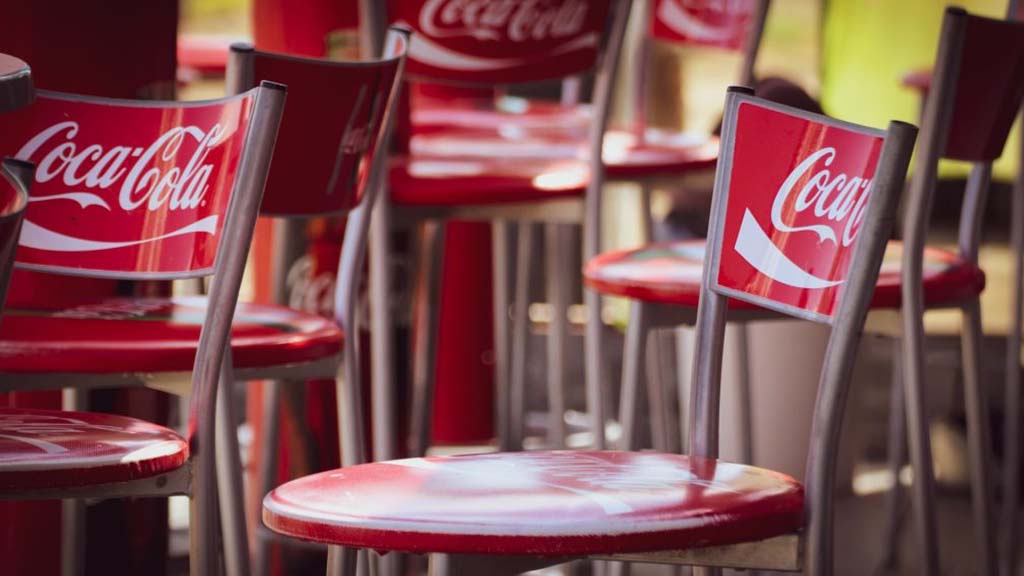Today, it’s not enough to market yourself using one or two marketing techniques. You need to adopt a multi-faceted approach towards differentiating your brand from others. Your brand attracts loyalty and a customer base that allows you to try out new things and expand.
Your brand associates a certain sense of quality, cost-effectiveness, or other utility with your products. While important for every industry out there, research suggests that in the US, brand awareness matters most for consumer electronics, as 68% of purchasers go for a brand they trust.1
Analyzing the consumer electronics market closely also tells us that brand awareness creates brand loyalty, which may mean that people may be willing to pay a premium for your brand.
What is brand awareness: Consumer recognition via the name
Brand awareness is a direct function of brand recognition. It can also be defined as the extent to which customers will be able to recognize your products and/or services from a sea of others. It primarily impacts the customer’s decision tree directly when making a purchase
For example, a Kit Kat fan may be willing to pay $2 for a fun-size bar, but at the same time, may hesitate when spending the same on another, lesser-known, or lesser-preferred brand. This is because they know Kit Kat’s taste, quality, and the utility they can get from it.
The latter may be a surprise – and its human nature to stay in our comfort zone as much as possible. We tend to make purchases based on what we know, especially when it comes to online purchases.
It is important to note that brand awareness does not mean that users will be able to recognize your brand by name, though. It’s the features, utility, and value they get by going with your product. It can be the nostalgia associated with your packaging, the feeling of your product when in hand, the associated event that happened with your service, or something as simple as the color!
Brand awareness, in essence, is the differentiating factor between your product and others.
Brand awareness: A key step in promoting your products
According to HubSpot’s State of Marketing report, in 2020, roughly 33% of marketers used paid advertisement platforms solely to increase their brand awareness2. Why is this significant? Because when improving brand awareness, you aren’t necessarily selling. You may not get an immediate return on investment.
Because of this, some marketers – especially those new to the industry – may think that brand awareness isn’t as important or worth their time. Instead, they focus on marketing tactics that offer short-term results. This practice may prove efficient in the present or the near future, but there comes a time when traditional marketing techniques reach a ceiling.
Your marketing plans may start becoming obscure and unproductive, making you feel like you’re smashing your head against a brick wall. Even if your product is the best in the market, there’s only so far you can go without customer recognition.
Take Coca-Cola, for example. Most ads they produce revolve around current affairs or global sentiments. The “Share a Coke” campaign, for instance, allows you to get your own or your loved ones’ name printed. This is a social campaign. Printing a new name each time will cost quite a lot, but it isn’t about the costs with this campaign; it’s about associating their product with a specific sentiment.
Failure to focus on brand awareness may result in a loss of trust in your name. You’ll most likely become another name in the sea of company names that people will learn to ignore. Some benefits of brand awareness include:
- Creating trust in the community
- Helps differentiate your product
- Helps you increase product to market without spending on marketing
- Long-term product and service viability – including the new products and services you introduce over time
- You get to create new intangible assets, such as owned media, ideas, and more
- More word-of-mouth marketing, and more
Good brand awareness includes techniques that cater to all of these aspects. Remember, it may take years to create good brand recognition, so stick to a strategy even if it doesn’t seem productive!
Where marketing ends, brand awareness begins – and where brand awareness ends, conversion begins. It is the best way to stand out as a customer-oriented company with a specific goal from other companies. Subscribe to our blog if you’d like to learn more about brand awareness or other marketing techniques.
1 https://www.statista.com/forecasts/997052/brand-awareness-by-category-in-the-us
2 https://www.hubspot.com/state-of-marketing






